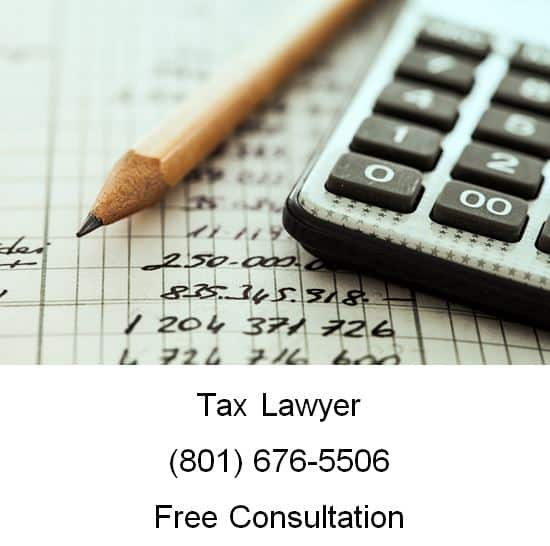
The Internal Revenue Service (IRS) employs a number of methods to help the agency collect payment from taxpayers, ranging from friendly reminders and offers of installment plans to wage garnishment and repossession of high-dollar goods. Whatever the reason, it is always in your best interests to contact the IRS if you are unable to pay your tax bill in full. This section includes an overview of the IRS collection process, information about interest charges for late payment, a reference guide on tax penalties, a FAQ section on wage garnishment, and more.
The IRS Collection Process
If you fail to pay the taxes you owe you will receive a bill from the IRS, which marks the beginning of the IRS collection process. This process permits certain alternative payment options and ends when your account has been satisfied. The first bill you receive will state the full amount you owe. This will include the tax debt plus penalties and interest.
If you can’t pay in full you should pay as much of the notice as you can. The unpaid balance is subject to interest that is compounded daily and a monthly late payment penalty. As a result it is wise to pay as soon as possible and taking a loan or cash advance may save money since credit card and bank interest rates are frequently lower than the combination of interest and penalties charged by the IRS.
Monthly payments are another possibility. You should negotiate the amount of the installments with the IRS. If you don’t qualify for an installment payment plan you may still try to seek an “offer in compromise” (OIC.) An OIC is an agreement between the IRS and the taxpayer to resolve the tax liability. The IRS may be willing to settle, or compromise, your tax liability for less than full payment if you can provide compelling reasons for them to do so.
Receiving a Tax Bill from the IRS
Receiving a tax bill from the IRS can send you into a panic, but it is important to remain calm, read the notice carefully, and take steps to minimize the bill’s impact on your life and your financial future. If it is possible to simply pay the bill in full it is often wise to do so, even if this requires taking a loan or paying by credit card. However, where this is impossible, or you disagree with the IRS’s position, there are other points worth considering.
When you feel that the bill has an error you should contact the IRS as soon as possible. The appropriate contact information should appear on the notice. Prepare a written explanation of why you think the bill is incorrect and include copies of any supporting documents. Do not send original documents unless they are specifically requested and be sure to keep copies of all written correspondence for future reference. If you choose to communicate with the IRS by phone you should keep a journal of each call, including the name and ID of the person you speak to, any relevant contact information, and note the details of your discussion.
If you can’t pay the tax bill in full you can request an OIC or set up a payment plan. Finally, for some older debt it may be possible to get the tax bill discharged through bankruptcy. The details of this sort of discharge are complicated, since they involve both tax and bankruptcy laws. Consulting an attorney in this situation is highly advisable.
Tax Lawyer Free Consultation
When you have debt and tax problems, please call Ascent Law for your free consultation (801) 676-5506. We want to help you.
8833 S. Redwood Road, Suite C
West Jordan, Utah
84088 United States
Telephone: (801) 676-5506
Recent Posts


